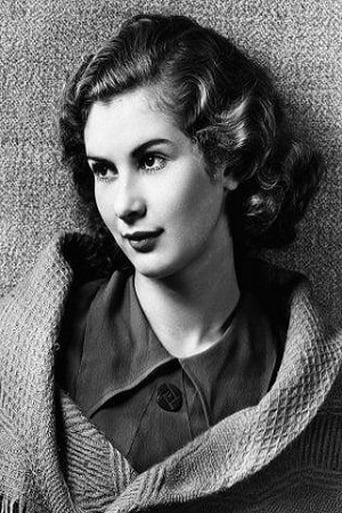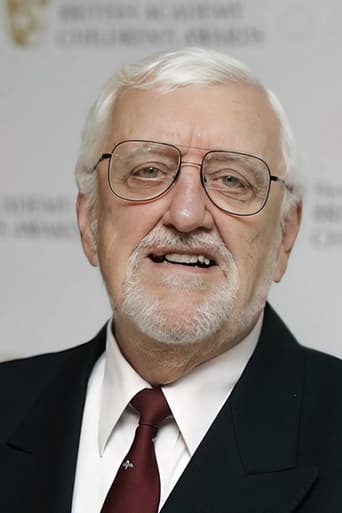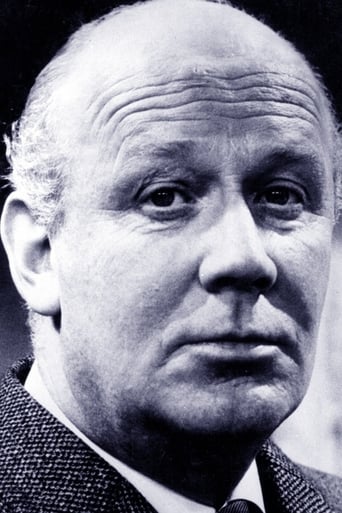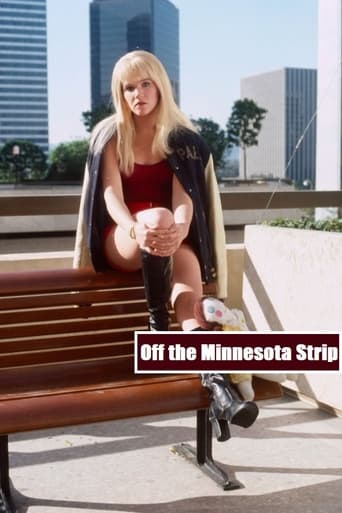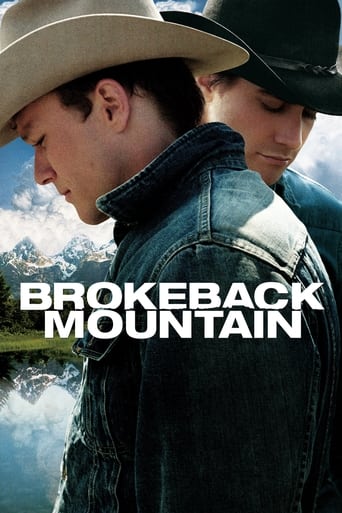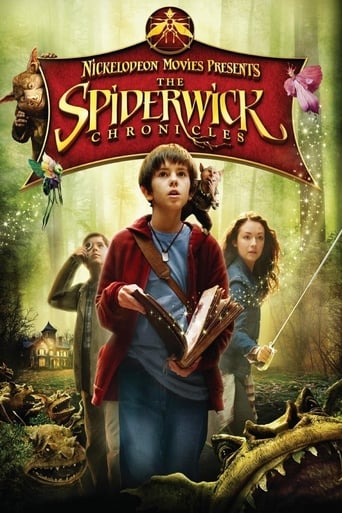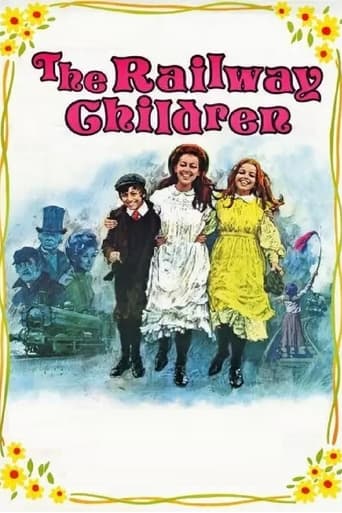
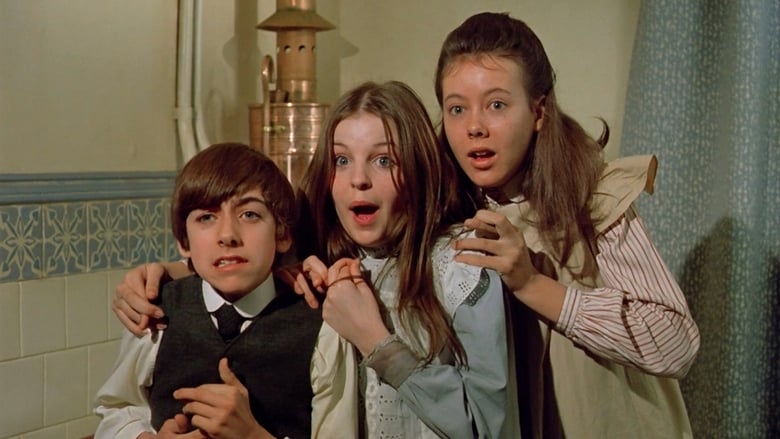
The Railway Children (1971)
After the enforced absence of their father, the three Waterbury children move with their mother to Yorkshire, where they find themselves involved in several unexpected dramas along the railway by their new home.
Watch Trailer
Cast
Similar titles

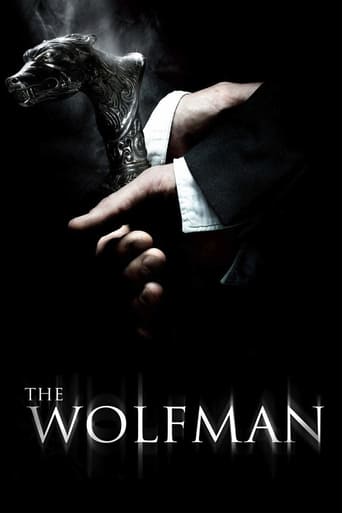
Reviews
I love this movie so much
Excellent but underrated film
The film creates a perfect balance between action and depth of basic needs, in the midst of an infertile atmosphere.
what a terribly boring film. I'm sorry but this is absolutely not deserving of best picture and will be forgotten quickly. Entertaining and engaging cinema? No. Nothing performances with flat faces and mistaking silence for subtlety.
During the Edwardian era Charles Waterbury, a senior official at the Foreign Office, is wrongly accused of selling state secrets to the Russians and imprisoned. His wife and three teenage children Roberta ("Bobbie"), Peter and Phyllis are forced to leave their luxurious London home and move to an old farmhouse in the Yorkshire countryside, where Mrs Waterbury supports the family by writing. Their new home is close to a railway, which plays an important part in the family's subsequent adventures. (I refer to Phyllis as a teenager, even though in the original book she was only 11, because here she is clearly intended to be older. Sally Thomsett, the actress who played her, was actually 20, three years older than Jenny Agutter and four older than Gary Warren who played Phyllis's supposedly older siblings). Even though her stories had been written some seventy years earlier, E. Nesbit was one of my favourite authors during my childhood. (The "E" stood for Edith; like J K Rowling she hid behind an initial because she feared that boys would not want to read books by a female author and that girls would not want to read her books if she adopted an explicitly male pseudonym). I loved her novel "The Railway Children" and was equally fond of the film which originally came out at around the same time (1970) as I was reading the book. I am not the only one to have enjoyed the film; it enjoys classic status in Britain and is sometimes even included in lists of the "greatest films ever made". I recently watched it again for the first time in many years, and was struck by how unlikely its basic premise is. The children know nothing of their father's plight until they accidentally come across a reference to his trial in an old newspaper; all they know is that he has "had to go away" somewhere. I would have thought that a real-life case of this nature would have caused a massive scandal, becoming a sort of British Dreyfus affair. If Mr Waterbury really had been guilty I could have understood his wife trying to shield his children from all knowledge of his disgrace, but as the charges against him are all completely false I would have thought that Mrs Waterbury, far from disappearing quietly up to Yorkshire, would have placed herself at the head of a vociferous campaign to vindicate her husband's innocence and secure his freedom. Moreover, there is far too much coincidence involved; a boy whom the children rescue after he injures himself during a paper-chase turns out to be the grandson of the Old Gentleman whom they have already befriended, who in turn proves to be the one man with the evidence to free their father. I would not, however, allow considerations like these to affect my enjoyment of the film too much. It was, after all, originally aimed at children, and children tend to be more tolerant than adults when it to plot holes and inconsistencies of this nature. There is, however, also plenty for adults to enjoy. For lovers of the countryside there is director Lionel Jeffries' photography of the magnificent scenery; although I am a proud Man of Kent I can well understand why Yorkshire folk refer to their native land as "God's Own County". For railway buffs there are the old steam trains, here painted in various liveries and attributed to the fictional 'Great Northern and Southern Railway'. (This was presumably done to head off any criticism; railway enthusiasts are notoriously sharp-eyed and would doubtless have seized on any errors had the producers attempted to feature a real railway company). Among the actors, the ones who really stood out for me were Bernard Cribbins as the eccentric but kindly station porter Albert Perks, a good friend of the children, and the lovely Jenny Agutter as Bobbie. Agutter, of course, went on to have a successful film career, but her two young co-stars do not seem to have been so fortunate. Thomsett's fortunes went into something of a decline after the television sit-com "Man about the House" in which she starred, came to an end. Warren was one of the leading British teenage stars of the early seventies, but after starring in television series like "Catweazle", "Alexander the Greatest" and "Whacko" seems to have given up acting for good. Despite my youthful enthusiasm, I am not sure that "The Railway Children" really belongs in the "greatest ever" category, but it was certainly a critical and commercial success at the time of its release and has remained popular ever since, helped by the fact that it is regularly shown on television. It can be seen as superior family entertainment, a children's version of the familiar "heritage cinema" style of film- making. 8/10
I recently saw this again, having a few months before seen the live production of the play at Waterloo Station in London, which was a wonderful experience. The old Eurostar platforms are not in use for trains and passengers at the moment, so the performance is given on the platforms, and a live steam train actually chugs up the tracks in front of the audience during the story. It is highly recommended, and a joy for all children. This is more than just a children's' classic, however. It is for people of all ages who like a story about a more wholesome and innocent age than the corrupt and decadent one in which we now live. Based on the famous book by E. Nesbit, the screenplay was written by the actor Lionel Jeffries, who also directed the film. It was a labour of love, which shows in every frame. The film is beautifully photographed by our old friend the late Arthur Ibbetson, with Paul Wilson as his operator. It is one of the best jobs that Arthur ever did in his long career. The mother is played by Dinah Sheridan, who as an ingénue played 'Steve' in SEND FOR PAUL TEMPLE (1946, see my review). She is just right for the part, combining the stiff upper lip with warm and deep sympathy and a stoical character in times of adversity. This film was a runaway hit at the box office in 1970, a year in England famous for its spectacularly warm and endless summer, a summer which I spent largely on Primrose Hill. For the past 41 years, this film has never lost its appeal to families and children and those adults who are sentimental by nature. The oldest girl of the family is played by Jenny Agutter, a role which made her famous in England at an early age. In terms of acting, however, Sally Thomsett takes the prize. Agutter went on to appear in 106 films, attracting great admiration, whereas Thomsett, who only appeared in 31 (mostly television, and a lot of comedy), could more appropriately be said to have endeared herself to the British public as a kind of household pet because of her mischievous charm. Bernard Cribbins shines as Mr. Perks, the station master. He has also been a great British favourite (94 titles). Gordon Whiting plays the Russian novelist, but we really don't see enough of him, indicating that the script was cut, as much more is made of him in the play at Waterloo. Beatrix Mackey plays Aunt Emma, but she appears so briefly and meaninglessly that there was really no point in having her. Presumably this also suggests that cuts were made in the film as released. (I wonder what a 'director's cut would look like?) Deddie Davies does very well as Mrs. Perks. William Mervyn looks exactly right as the Old Gentleman, especially when waving benignly from the train. The casting for this classic was certainly spot-on. This film is of timeless appeal to all good folk, but especially those who are still enwrapped in the golden dream of childhood. These laurels are certainly sufficient for Lionel Jeffries to rest on, although he also has so many others.
This is a film that I love above all others. I try to revisit the main film locations in Oakworth and Oxenhope whenever I can, which help to re-establish those magical qualities that this film seems to embody so uniquely - recalling a gentler and more mannered age, with its unspoken assertions that people really do matter, that family life is not just another disposable, and that life really is worth living (though sometimes, we may doubt that). In short, a film that soon brings tears to my eyes, helped perhaps by the deeply evocative music - some tunes are jaunty (like the Perks' tune, played on a trombone, sometimes with spoons), the stirring melody when the family first set off for Yorkshire not knowing what lies ahead, and the haunting little tune played on a solo clarinet (or is it an oboe?) that precedes sudden child-felt changes in fortune.This is as much a film for adults as for children, appealing to the eternal child in us all - a key that effortlessly reactivates those deep and apparently long-lost values and feelings buried inside us, which are normally swept aside by the demands of modern everyday life. This is a film about basic human goodness and decency in which we the viewers are left to make of it what we will, and there are welcome touches of humour sometimes added for good measure, such as the arrival of the aunt or, on a more earthy level, the bedroom scene on Perks' birthday - "All right Bert - as it's your birthday!" I must know every scene, every line of this film, and yet so great is the magic that each time I watch, it is like I am opening a box of delights for the first time, savouring each moment - sometimes humorous, sometimes....well, very different. As Peter says in the film: "it's perfect - more perfect than you know". And so it is!!!
The Waterbury children have a great live; a wonderful home with all mod cons in London town, a loving mother, a fun father and servants in every room. One night their father is taken away to do some "business" and things are turned upside down. Forced to move away from London and up to Yorkshire, the children suddenly find themselves with a lot less money, no hired help and a strange new culture to deal with. They try to keep their heads up and continue to be friendly and kind no matter what the challenges and learn the importance of keeping outward focused.Although it has been decades since I last saw this film, I had it in my mind that this was a rather stiff and clunky film not sure why I thought this but I decided to watch it again before unfairly writing an opinion on it. However I was very pleasantly surprised to find that, for all its unreal "niceness", this is a comforting, sweet, amusing and charming little film that is well worth seeing. The narrative is simply about the importance of having a good heart and it has enough stuff going on to keep it moving forward without getting bogged down I didn't find it sentimental in a sickly way mainly because it did feel quite fresh. Of course many will rightly say that this is pure sentimental fantasy, with everyone being lovely to each other, goodness winning out, idyllic childhoods, sweetly innocent children and so on certainly it does tend to make you reminisce for an England that may never really have existed (and definitely doesn't anymore). This was a slight problem but I think I was in the right mood to watch it because I found it charming rather than syrupy but if you are in a bitter or cynical then I would suggest you put off watching this till later.The cast are all good too sweet to be convincing perhaps but they don't overdo it and everyone has good humour. Agutter, Thomsett and Warren are the kids that everyone wants, they play wholesome really well without turning themselves into real annoyances in the way some "All-American" performances by kids recently have done; they are still quite real people. Support is good from the cast, in particular a nice performance from Cribbins.Overall this may not represent a reality or even politeness that many of us will recognise (nowadays the kids would be in baseball caps and would be chucking stones and cans at the train) but it is sweet and sentimental without overdoing it and making it sickly so and, although not hilarious, has a nice touch of humour and a fresh pace that makes it a very enjoyable family film.
